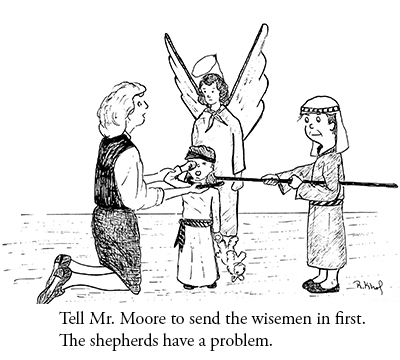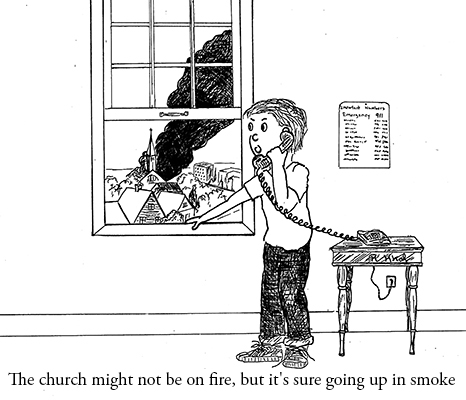He will be great, and will be called the Son of the Highest;
and the Lord God will give Him the throne of His father David.
Luke 1:32
Unexpected guests can be a joy to receive, if they are dear friends that haven’t been seen in a while, but as a general rule, visitors that just pop in are stressful and interfere with the daily routine. That angst would be increased if the interruption was caused by a stranger, and then would be magnified even more if it was discovered that he was an angel.
Mary had a messenger from God in her living room, and he was talking about personal things, uncomfortable things. She was probably a young teenager who had an arranged marriage in her future, but Gabriel was talking to her about having a baby. He even had the name picked out: “Jesus” (Luke 1:31). All of this was overwhelming to say the least.
One interesting aspect of the angelic announcement was the revelation that He was to be be called the “Son of the Highest.” Since this title is used nowhere else in scripture, the question begs to be asked: “Who is going to call Him this and when?” Hints to the answer are given elsewhere.
A few more verses down, the angel Gabriel says: “…the power of the Highest will overshadow you; therefore, also, that Holy One who is to be born will be called the Son of God (Luke 1:35).
A similar title is used by another non-human in Mark 5:7: “What have I to do with You, Jesus, Son of the Most High God?” Here, a fallen angel is addressing Christ using a similar phrase.
God calls Himself the “High and Lofty One who inhabits eternity” (Isaiah 57:15). This title for God would be used not only by people, but also by all the celestial principalities and powers. Therefore, the holy messenger was actually telling the mother of Christ how Jesus is referred to in heaven: “the Son of the Highest.”
December 7









